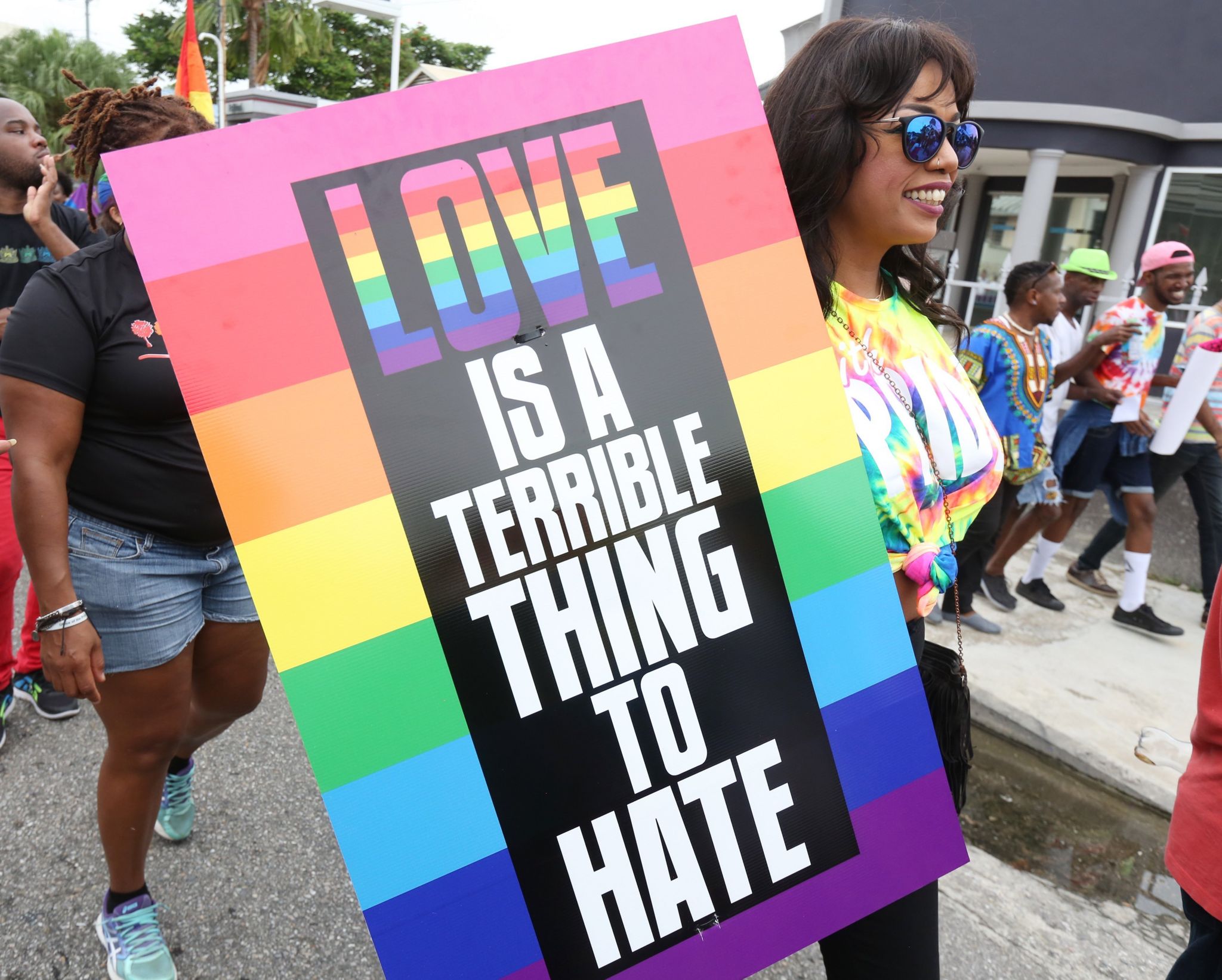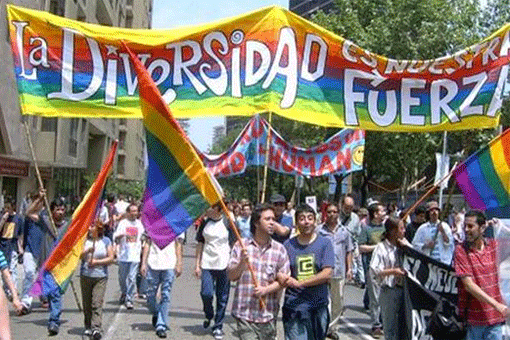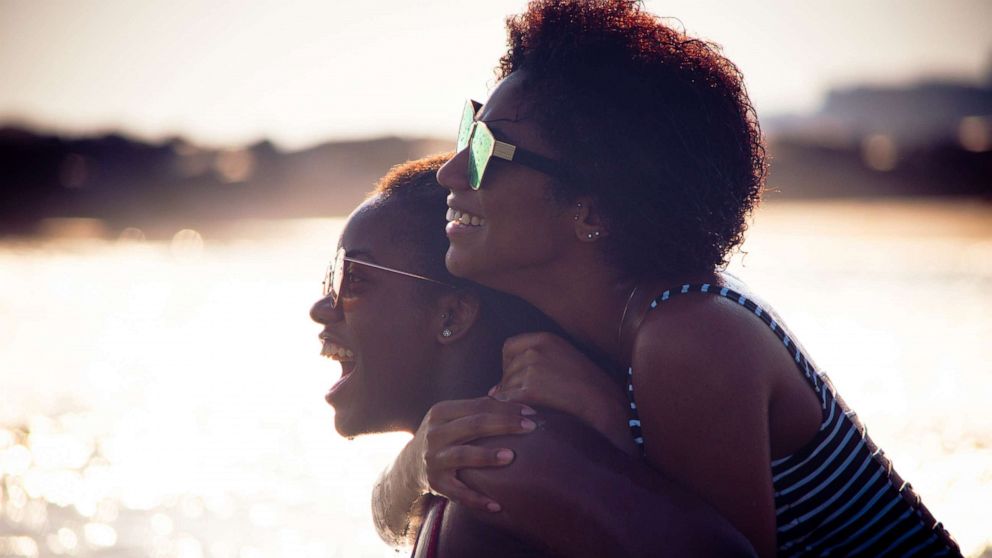Friday, January 13, 2023
Six Nations in the Americas Still Criminalize LGBT2SQIA+ People. That Could Soon Change.
Monday, December 26, 2022
We're Expanding to Asia
Africa has seen so much progress in the realm of LGBTQ rights over the past decade. The death penalty, while still on the book in a few countries, is only ever applied to LGBTQ people in territory controlled by terrorist group al-Shabaab, which is growing weaker by the month. Nations like Angola, Namibia, Gabon, and Botswana have repealed laws that criminalize LGBTQIA+ people, and every mass arrest made in the name of hyperreligious hatred in places like Ghana, Nigeria, Cameroon, Uganda, Kenya, and Tanzania now garners international outrage and global views shift in favor of human rights. When even nations like Morocco and Tunisia want to protect people persecuted for their sexual orientation, we have no reason to give up hope as we fight for change.
Needless to say, more work remains to be done. However, with all the momentum seen in Africa, it is time to expand our efforts to include Asia. As nations like Bhutan, Thailand, and Taiwan make great strides and nations like Vietnam, Malaysia, India, and Nepal serve as battlegrounds for major LGBT court cases and legal processes, nations like Brunei and Indonesia are working to criminalize people who already face social stigma, with Brunei passing a law in 2019 that allowed LGBT people to be stoned to death.
Meanwhile, with the exception of Israel, the situation in the Middle East is the worst in the world. Iran is the only nation in the world known to hand down death sentences to LGBTQ people, and most other countries in the region hand out long prison sentences and/or brutal beatings and lashes. If revolution can take place in the United States and Western Europe, then evolution that has been seen in Africa can certainly capitalize on the baby steps that have been taken.
In 2023, we will update our website to include organizations, petitions, videos, and other actions focused on Asia as well as Africa. The world has come so far, and we need to continue the push for dignity and for justice.
Sunday, June 26, 2022
We're Expanding to Latin America
Needless to say, more work remains to be done. However, with all the momentum seen in Africa, it is time to expand our efforts to include Latin America, and, more broadly, to the Americas as a whole. In Barbados, Antigua and Barbuda, Dominica, Jamaica, St. Kitts and Nevis, St. Lucia, St. Vincent and the Grenadines, and Guyana, old laws criminalizing same-sex sexual activity remain on the books but are not enforced; in Grenada, the last nation in the Americas to enforce these laws, such enforcement happens very rarely. In countries like Paraguay, the Dominican Republic, Bolivia, and Venezuela, same-sex marriage is constitutionally banned. In other nations, youth are subject to conversion therapy and state-sanctioned violence while discrimination and hate crimes go unpunished.
However, this is beginning to change. Decriminalization has been proposed in virtually every nation that still criminalizes same-sex relations. Court decisions and/or legislation could soon legalize same-sex marriage or civil unions in Guatemala, Honduras, Panama, Barbados, Cuba, Curaçao, Venezuela, Bolivia, and Peru. Nations are beginning to strive for full LGBT2SQIA+ equality where a decade ago regression was popular progress. If revolution can take place in the United States and Western Europe, then evolution that has been seen in Africa can certainly be mirrored by a similar revolution in Latin America.
Later this year, we will update our website to include organizations, petitions, videos, and other actions focused on Latin America as well as Africa. The world has come so far, and we need to continue the push for dignity and for justice.
Tuesday, February 22, 2022
Indian LGBT2SQIA+ Residents Get Right to Sex Reassignment Surgery as Numerous Landmark Court Verdicts Await
Sunday, February 20, 2022
Countries Around the World Declare War on Gay "Conversion Therapy"
Thursday, February 17, 2022
Landmark Studies Confirm Nearly 1.3 Billion People Are LGBT2SQIA+
Sunday, June 6, 2021
Does Thailand's Progress Finally Signal Hope For The LGBT2SQIA+ Community?
Thailand's beautiful beaches, fascinating forests, and cheap costs have long made it a favorite for travel by foreigners eager to see the world. As the times change in the Western world, Thailand has never been far behind and is sometimes ahead of the game.
With protests that have called for expanding democracy, the relaxation of laws governing abortion, an increased focus on environmental protection, and only three executions being carried out in the past nearly twenty years, Thailand has made significant progress in appealing to more liberal-minded travelers and residents alike.
Now, progress for the LGBT2SQIA+ community is intensifying. Same-sex sexual activity has been legal since 1956, and an equal age of consent was instituted in 1997. Homosexuality was declassified as a mental illness in 2002, open military service was allowed in 2005, anti-discrimination laws were passed in 2015, adoption by same-sex singles was established, and the right to change gender surgically has always existed.
In 2020, a public consultation was launched regarding a slew of proposed initiatives: civil unions, marriage, the right to change gender legally, and joint and step-child adoption for same-sex couples. Thailand could follow Taiwan and Bhutan in blazing a trail for LGBT2SQIA+ rights in Asia, if you raise your voices!!!







